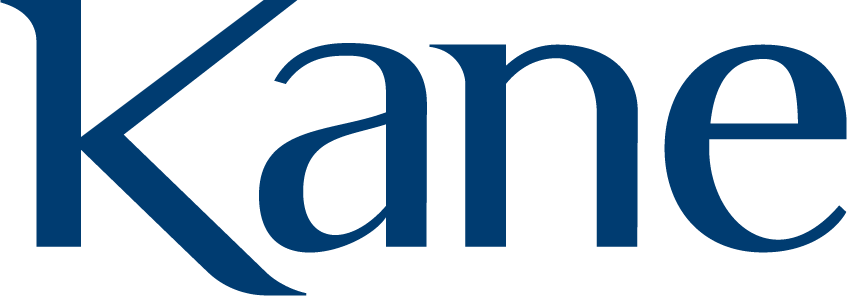Rapid Pace of Innovation Creates Need to Adapt to New 'Skills Revolution'
It is all too easy to get bogged down in the day-to-day tasks we must tackle on any given day to keep our organizations and our careers moving forward.
I mean just glance at your calendar for the week ahead. Deadlines. Appointments. Meetings. Networking.
We’re all blocking. And tackling. And grinding. At break-neck speeds.
Jonas Prising, ManpowerGroup Chairman and CEO, speaking at Rotary Club of Milwaukee
That’s why it is always so enlightening to step back and ponder the global perspectives of Jonas Prising, chairman and CEO of ManpowerGroup, the Milwaukee-based company that assists employers in 80 countries with staffing, recruitment, assessment and workforce consulting and outplacement.
Prising may have the most impressive resume in Milwaukee. A native of Sweden, he holds the equivalent of a master’s degree in business administration from the Stockholm School of Economics and has participated in executive programs at Harvard University, Stanford University and Yale University. The man speaks five languages fluently and has lived in nine countries across Asia, Europe and North America.
He also has access to ManpowerGroup’s incomparable database of global employment trends.
Prising recently shared a series of insights with members of the Rotary Club of Milwaukee in a presentation he titled, “How to Outsmart Talent Shortages: Know What Workers Want.”
Here are some of Prising’s newest pearls of employment wisdom:
Birthrates are falling around the world, including the United States. “Birthrates are coming down very, very quickly,” he said. That also means our population is aging. Those coinciding trends are having profound impacts on the U.S. workforce and the services and goods workers provide to accommodate the aging population, he said. Also, freelancing is on the rise among older U.S. workers, Prising said.
The pace of technological innovations is rapidly accelerating. It seems like just yesterday we were updating our musical collections from vinyl records to CDs. Now, you’d be hard-pressed to even find a CD player. “The speed of change is unprecedented,” creating a “skills revolution,” Prising said. Such innovations are always disruptive, but they also are good for employment trends over the long run, he said. However, the U.S. educational system is struggling to keep pace with the rapid changes, he said.
Nationalism is rising across the globe, as native populations “push against” globalization, Prising said.
The U.S. population is becoming even more urbanized. “Job opportunities are leaving rural areas, and they’re coming into the cities,” Prising said.
“Stakeholder capitalism,” which includes environmental responsibility and diversity, is on the rise. “Inclusion is a mandate out of necessity,” Prising said.
The U.S. trails other industrialized countries in raising minimum wages. “(U.S.) Wages have been suppressed,” he said, making it more difficult for American companies to compete for talent on the global stage. A full 69 percent of U.S. companies reported talent shortages in 2019, the most in more than a decade, he said.
The U.S. economy remains at virtually full employment, with 91 percent of American employers planning to expand or at least maintain their current workforces, Prising said.
Countries such as Canada and Singapore that embrace globalization and immigration of talent will have a competitive advantage in the global economy over those that close their borders, Prising said. He spoke of the “Singapore model,” in which that country’s government gives each of its adult citizens a $5,000 stipend to upgrade their skills as needed to adapt to the rapid changes in technologies.
The C-Level take-away thought of the week: The global competition for top talent is going to get even more severe.
Steve Jagler is director of executive communications at Kane Communications Group in Milwaukee. He helps executives nurture and grow their professional brands through the use of effective internal and external communication strategies. He can be contacted at (414) 635-7017 or steve@kanecommgroup.com.

